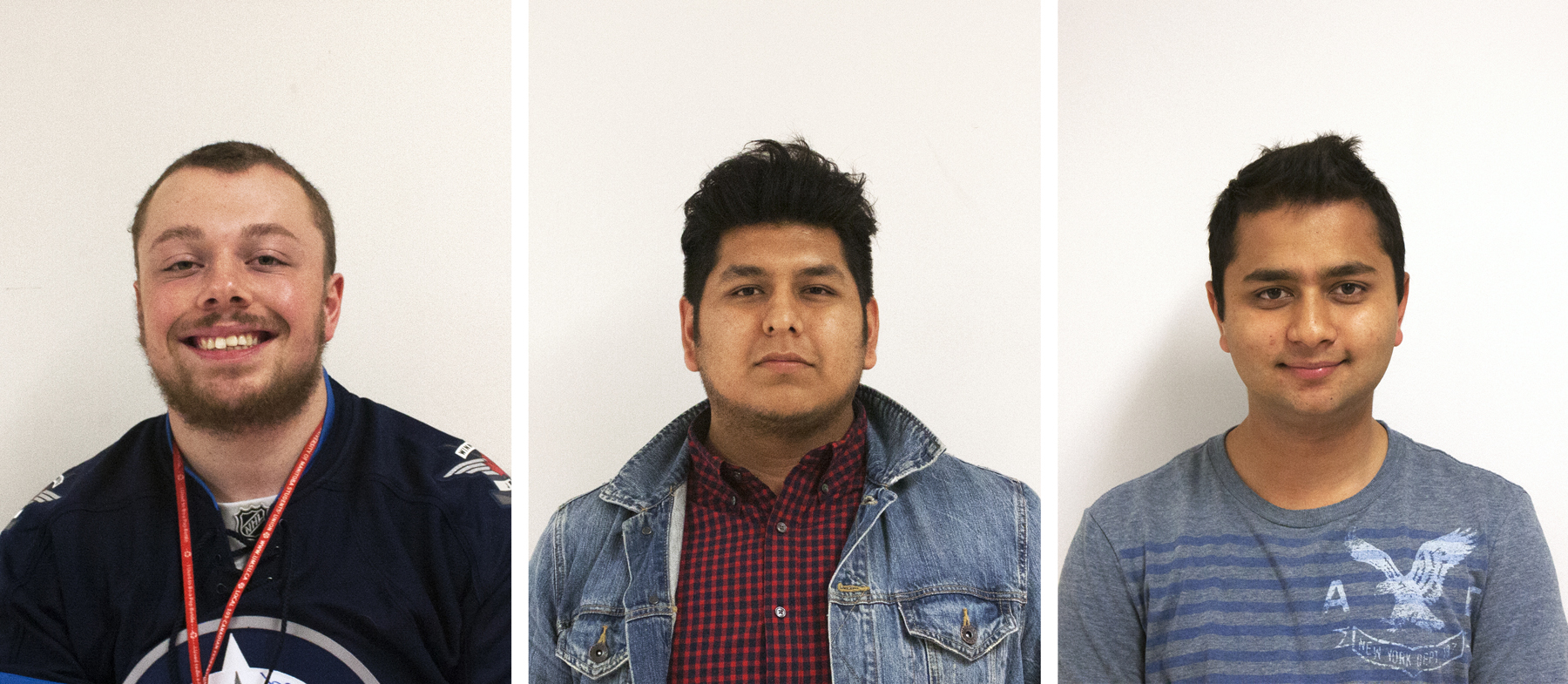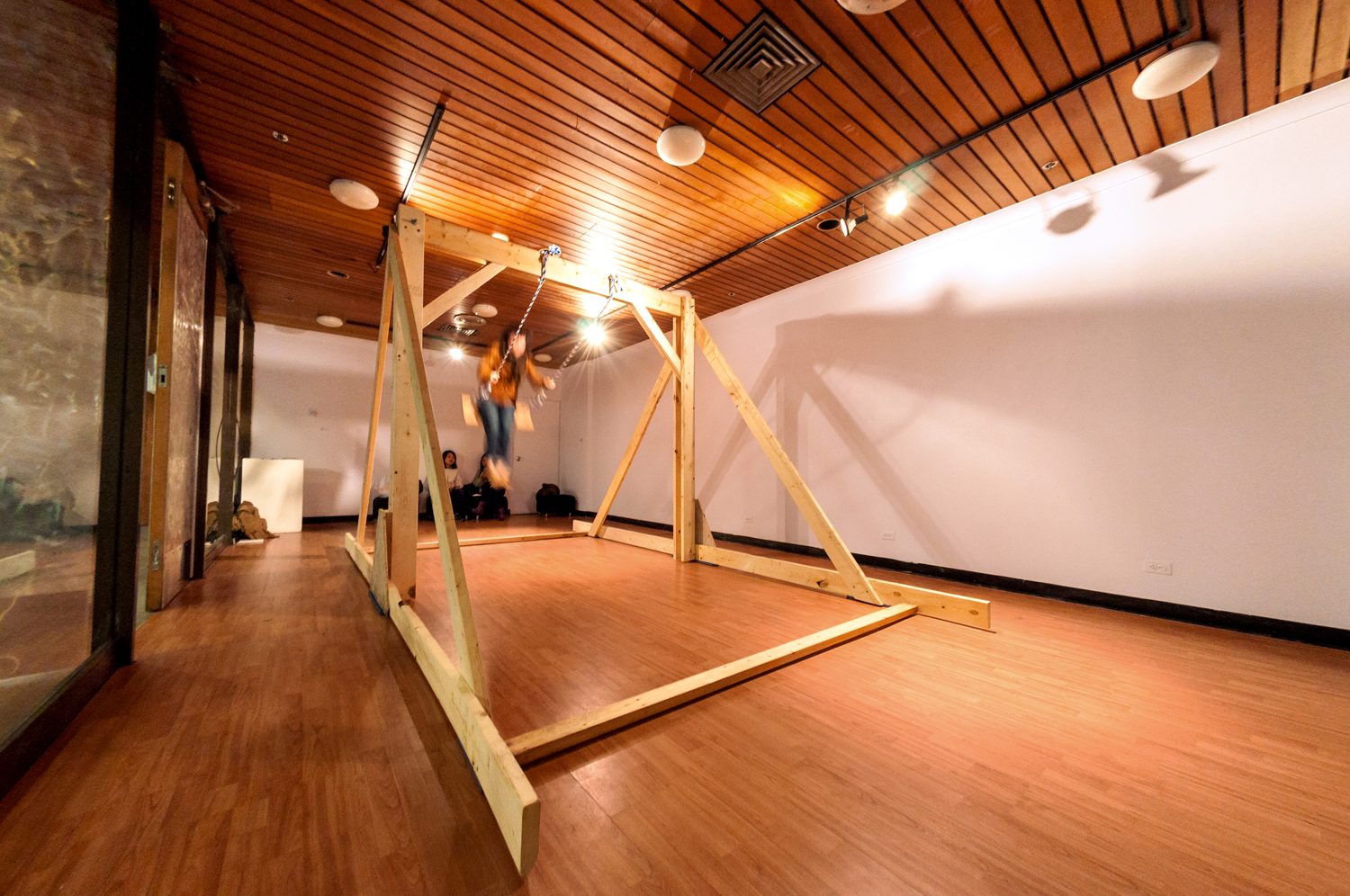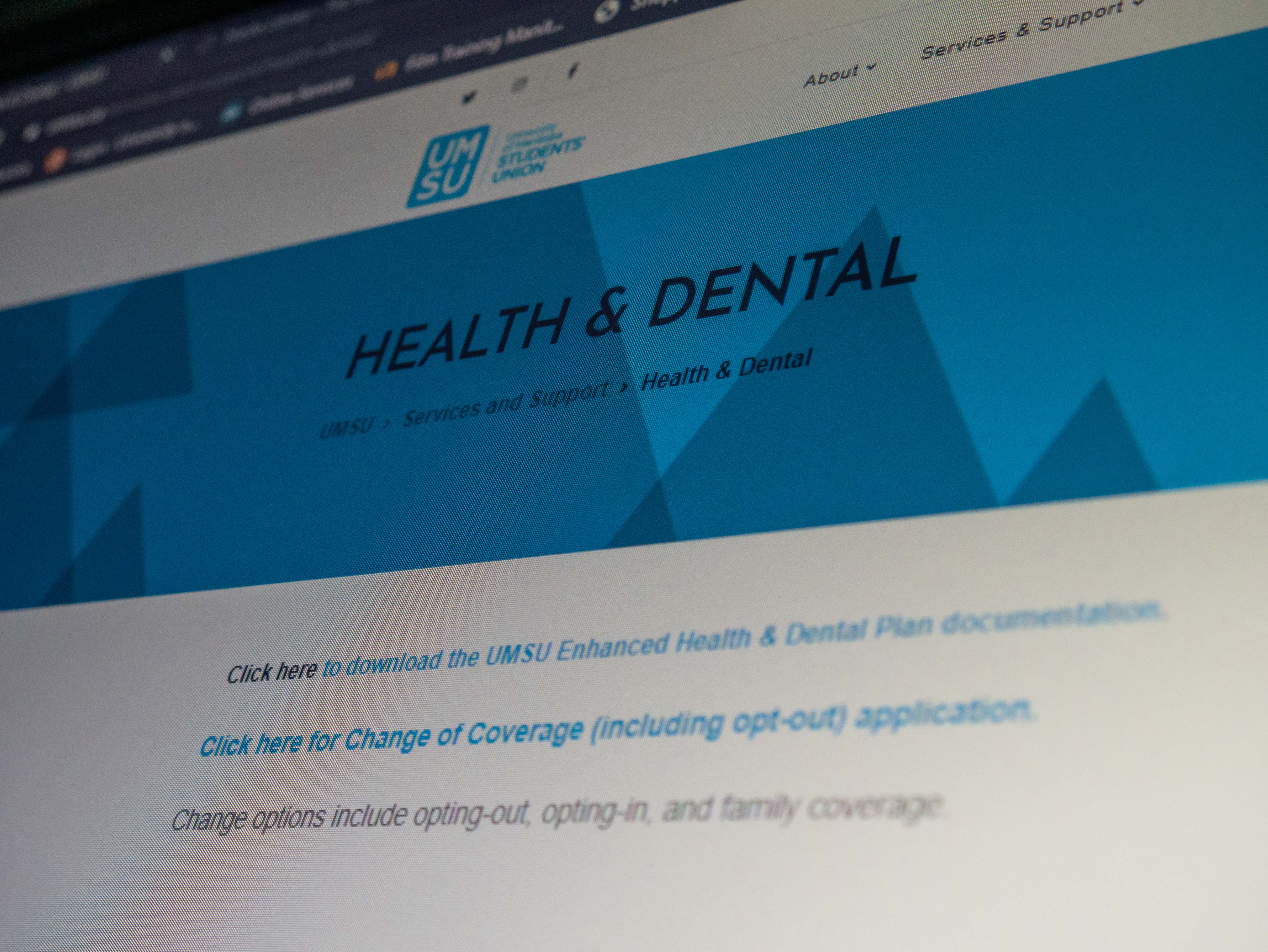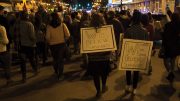On Oct. 14 UMSU Council filled three empty community representative council seats by appointing new students to fill the aboriginal, international, and students living with disabilities representative positions.
The appointments were made in accordance with bylaw 3350 from UMSU’s bylaw manual. The bylaw lays out the circumstances in which UMSU Council can vote to appoint a new councillor and the procedures for doing so.
“1. If a position remains vacant after the Annual General Election, nominations to fill the position by appointment of council shall reopen on October 1.
“2. If a position becomes vacant through any other means after or during September and before March, nominations to fill the position by appointment of council shall be reopened on the first of the next month.
“4.b. If, by the end of the nomination period [ . . . ] one or more people have been nominated, council shall decide by voting after a presentation by each of the nominated candidates. Council shall also request the perspective and input of community members associated with the position. The candidate with a plurality of votes shall be considered appointed to the position.”
Two of the representative positions—aboriginal and international students’ representatives—went unfilled during the last UMSU election period. The students living with disabilities representative position was left vacant after Matthew Riesmeyer, who won the seat in March, resigned.
Posters were put up and advertisements placed in the Manitoban to publicize the aboriginal and international students’ representative positions and the one-week window that existed—from Oct. 1 to Oct. 7—for candidates to self-nominate through letters of intent sent to UMSU Council’s secretary. When the position of students living with disabilities representative was added to advertisements that were released in the Manitoban’s Oct. 8 issue, the nomination period for the other two representative positions were extended to Oct. 14.
The nomination period for aboriginal and international students’ representative lasted a week longer than specified in point 3 of bylaw 3350, which states that it should last one week, but no candidates have voiced any concerns about the extended nomination period.
Posters for the open council positions notably used the Refresh slate’s logo in place of UMSU’s logo.
Candidates for the three representative positions were invited to attend the Oct. 14 council meeting where they were given an opportunity to present themselves to the council. After all the candidates had spoken the council went in-camera and all non-councillors, including candidates, media, and students-at-large, were asked to leave the room so they could deliberate and proceed to vote.
Aboriginal students’ representative
During last year’s election, after no candidates had applied for the aboriginal students’ and women’s representative positions, UMSU’s CRO Jacqueline Keena extended the nomination period by a week for those positions in the hopes of attracting candidates. In that week Reanna Blair and Ninia Ogbuji entered the race for women’s representative, with Blair winning the seat. However, no candidates stepped forward to run for aboriginal students’ representative and the position remained unfilled.
This October three candidates self-nominated for the position of aboriginal students’ representative. They included Will Landon, Destinee Comegan, and Lionel Daniels.
Comegan and Daniels both offered written submissions for the nomination process. Landon appeared at the council meeting in person and spoke about what he thought he would bring to the position of aboriginal students’ representative, and ended up winning the seat.
Landon told the Manitoban that he hoped to improve dialogue between indigenous and non-indigenous students and to build relationships between UMSU leaders and indigenous leaders on campus.
Landon emphasized the importance of dialogue and partnerships in tackling issues important to the indigenous community.
“We face a social environment that often has misinformation that leads to negative [views] of us. The barriers that block communication and understanding must be broken to create a strong community. That is [a] responsibility all students must take on.”
International students’ representative
Astitwa Thapa was the only applicant for the position of international students’ representative. Thapa was one of two candidates who had originally registered to run for international students’ rep in March’s election, along with Munashe Gudu, but both candidates dropped out of the race before the election, leaving the position vacant.
According to Thapa the lack of opposition candidates should not be taken as a sign of disinterest from international students.
“Quite a few people asked me if I was running or not and that’s when I made it clear that I am running [ . . . ] people didn’t put in their [names].”
Thapa is the president of the Nepali Students’ Association and is serving as student senator for the Clayton H. Riddell faculty of environment, earth, and resources.
He was also a leading organizer of the student protests against the faculty of engineering’s admissions policy that took place over the summer.
Thapa said one of his goals for his term is to bring back the international student caucus – a group where international students can discuss pertinent issues. Thapa told the Manitoban that the caucus has existed as a part of UMSU for several years but that recently it hasn’t been meeting regularly.
“The international student caucus is a caucus which [is supposed to meet once every] 15 days. They decide on what should be done or what are the issues that concern international students. It plays an important role in generating awareness about issues on visas, issues on work-permit regulations, [and] on health issues – or, for that matter, providing international students with basic services: if they’re feeling homesick or they’re feeling depressed [and] they have nowhere to go.”
Promoting intercultural events was another priority for the new international students’ rep.
“You have one event right now, that, if it’s an Indian event, there are only Indians going. If it’s a Pakistani event there are only Pakistanis going. My goal would be to increase the inter-mingling. So if it’s an Indian event we could likely [invite] a lot of Chinese students to come in,” said Thapa.
Students living with disabilities representative
Five candidates competed for the position of students living with disabilities representative. The five candidates were Alan Bridgeman, Andrew Fenwick, Boris Degas, Daniel Tingskou, and Stephanie Croy.
Four of the candidates were in attendance on Oct. 14—with Degas unable to attend, but having sent a letter—and spoke to the council about what they would bring to the position. After council’s vote, Fenwick was appointed to the representative position.
Fenwick has served as the accessibility representative for the Arts Student Body Council since May and also previously served as the youth ambassador for the Children’s Rehabilitation Foundation.
“I hope to accomplish a lot but my main goals are to fix the elevator in Fletcher Argue, make sure all ramps and thresholds are up to standards, and make a seminar mandatory for professors,” said Fenwick.
“I would also like to be a voice for the students living with disabilities but I feel like people aren’t really [ready] to talk about problems they face, so I’ve found problems such as the elevator in [Fletcher Argue] and I am pursuing that.”
Last year Matthew Riesmeyer won his position in an election against Rocco Scarcella, but has since resigned.
Scarcella decided not to seek the open council rep position but spoke to council prior to the vote about the high calibre of the candidates who were running and the significance of having so many candidates running for the position.
“Traditionally either the position would remain vacant or one person would run for it. To have four candidates is actually a pretty big deal,” Scarcella told the council. “So I don’t envy your job in selecting one.”
Fenwick echoed that sentiment when he spoke to the Manitoban.
“I think it is awesome that so many people ran for the position. Accessibility is a huge issue that I don’t think gets enough attention. So having so many people out for the position was amazing to see.
“Everyone who ran would’ve made a great representative. They were all bright, driven, and willing to make a difference. Everything that was brought up was awesome.”
VP advocacy’s reaction
UMSU vice-president advocacy Rebecca Kunzman said she was extremely happy with the number of candidates who stepped forward to fill the vacant council seats.
“I’m very pleased to have all three positions filled. I think it’ll help to reflect a better representation of diversity on our council and I’m very excited [about] moving forward with a full council,” said Kunzman.
Kunzman also expressed hope that the candidates who had not won seats would continue to stay involved with UMSU initiatives such as the student union’s new campaigns series.
“We’d love to have those individuals who did come out today and show that initiative, and took the time to prepare a speech and run for the position, still involved regardless of the outcome of the election.”





